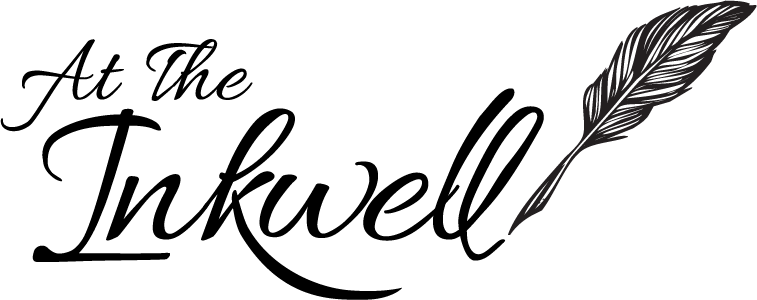Sober Cooking
Sober Cooking
by Lynn McGee, Spuyten Duyvil Press, $15.00
In the heart of Lynn McGee’s collection of poetry, Sober Cooking, is a heart. A broken heart, both figuratively and literally. A full heart, same deal.
Illness and love and longing comingle and conspire in this book to give us that cross-hatched country where love and human frailty meet. In some poems, lovers practice the slow waltz of relationship building and losing. In others, the tenderness of blue hospital light and the bedsides of the sick and beloved find a special and arched attention. It is clear throughout that McGee knows the country of love. She knows the country of loss. This book is a map of each and the places they overlap.
In two parts, the poems ER1 and ER2, she traces this relationship out for us with tenderness. In ER1, a poem in which a lover signs on as a health proxy for her partner: “…so you drove us to the ER,/carried my backpack,/scolded the staff for giving me/ two bracelets—each/ with a different name—then quietly,/in the harsh light,/asked permission to guard/ my care, and I said Yes.”
And in ER2: “you fell, and science/caught you/ A nest of tubes/caught you…the signature of your heart peaked/and dipped/and you sent me a message,/love, in familiar words…”
Anyone who has ever spent significant time in that harsh hospital light or had their hopes rise and fall along the squiggle lines of a heart monitor, and anyone who has ever found or lost their footing in love, will find a home in these poems. Tender, insecure, full of the power and fear of both attachment and loss, they zero in on pain and beauty.
The poems here go to places we hope we never have to visit, and, in the interest of open disclosure, I will say here, I have been to some – which may explain why these poems struck a bull’s eye in me. My daughter’s father had a heart transplant two years ago and it was touch and go for him. So when McGee writes “the surgeons took over,/and sewed a pump in your chest./A machine forced your breath/and they closed ranks around you,” I am right there beside her, breathing for her loved one, whispering “live, please live.”
Even the poems that widen the aperture of subject matter stray toward the grey zone of love and human vulnerability. Lilies growing along a fence, in the love poem “Lilies” have “blossoms gaping…spreading their confusion of love and death.”
Other poems in the collection ponder loneliness and the estrangement we feel in a machine-clad world. In “Flight Path,” the poet sits facing a window in a Brooklyn apartment watching approaching jets “find me,/in my gold arm chair” and in “I Leave You Listed,” an estranged lover leaves her partner’s name on Facebook, “for the same reason you keep/Dusty’s cone shaped collar/ from the vet’s in the attic…dust motes swimming toward heaven.”
I find myself gobsmacked by these poems that deliver swift punches from so many angles to the heart. Love becomes real here, harsh and cruel and delicious. These are poems you can only take in nibbles, so rich are they with poignancy. You have to stop and digest. Long after you finish the book, you may find a line still sticking to your ribs. For me it is the final line of the poem “Upstairs,” in which a lover admires the gardening-browned shoulders of her partner, and remembers herself as being, “someone to rush upstairs for,/at day’s end, and surround/with beauty.
Heartbreak and death rub elbows with family love and romance in this 2016 collection, published by Spuyten Duyvil Press. Her collection Heirloom Bulldog, a book of poetry in which various creatures in the animal world seize the day, was a winner in the 2014 Bright Hill Press chapbook contest and was published by Bright Hill Press in 2015.
Elizabeth Cohen teaches creative writing at SUNY Plattsburgh and through Gotham Writer’s Workshops in New York. She is the author of The Hypothetical Girl, a collection of short stories, The Family on Beartown Road and four books of poetry, including What the Trees Said. She lives in upstate New York with her daughter, Ava, and way too many cats.


